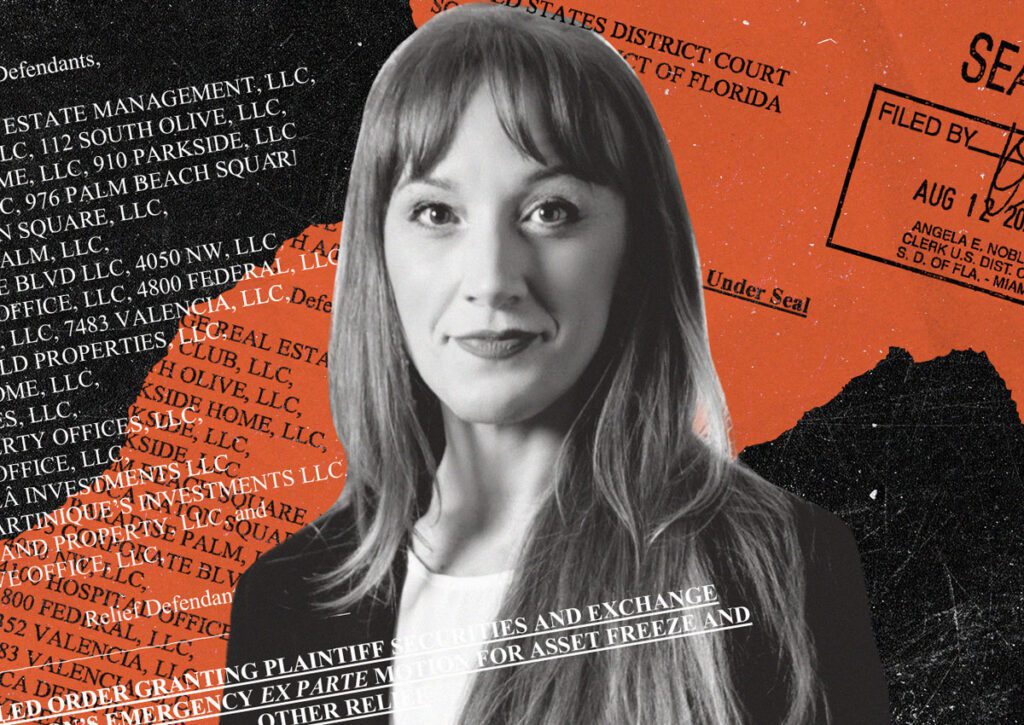Boca Raton Couple Accused of $56 Million Real Estate Fraud Scheme
A couple from Boca Raton, Florida, has found themselves at the center of a major legal battle, accused of misappropriating $56 million raised from hundreds of investors under the guise of real estate investments. The U.S. Securities and Exchange Commission (SEC) has filed a lawsuit against Wells Real Estate Investment, CEO Janalie C. Bingham, and her husband Jean Joseph, asserting that they diverted funds intended for legitimate real estate projects into risky trading ventures.
Allegations of Misuse of Investor Funds
According to the SEC complaint, the couple raised funds from 660 investors across the nation, promising that their money would be utilized for purchasing, developing, and renovating commercial and residential properties primarily in South Florida. However, records indicate that:
- Only $11 million was actually allocated to real estate.
- Approximately $28 million was funneled into speculative options and futures trading, leading to losses exceeding $11.9 million.
SEC Law Violations
Bingham, Joseph, and their company are facing serious allegations of violating federal securities laws, which include:
- Antifraud provisions
- Broker-dealer registration requirements
The SEC has also named 23 entities affiliated with Wells Real Estate as relief defendants indicative of their role in the alleged fraud.
Legal Proceedings and Asset Freeze
On August 14, Federal Judge Donald M. Middlebrooks approved the SEC’s emergency motion to freeze the couple’s assets, demanding sworn accountings while forbidding any destruction of records. Andrés Rivero has been appointed as the receiver over Wells and its affiliated entities.
The SEC’s complaint was initially filed on August 12, but it remained sealed until just recently, raising concerns over the extent of investor losses and fraudulent activities.
Patterns of Financial Misconduct
This case adds to the growing list of high-profile real estate fraud cases in South Florida. Notably:
- $6.9 million from investor funds was allegedly used to pay sales commissions.
- Approximately $10 million was diverted in a Ponzi-like manner to pay interest to investors and redeem notes.
-
Bingham and Joseph reportedly spent $1.8 million on personal expenses, including:
- Groceries
- Luxury vehicles
- Cash withdrawals
- A $293,000 settlement from a previous lawsuit
Real Estate Ventures Gone Wrong
In a questionable move, a Wells-related entity purchased a five-bedroom home in Boca Raton for nearly $2 million last year and subsequently transferred it to Bingham for a mere $10. This raises red flags regarding the legitimacy of their real estate claims.
Despite claiming a $450 million real estate portfolio and Bingham’s supposed expertise in building a property empire valued at over $100 million, the SEC alleges the reality was far different:
- Wells’ actual portfolio consisted of 34 properties valued at approximately $46 million during the time of purchase.
Promises of High Returns
Through unregistered agents, Wells promoted an “assets-to-income program” that promised enticing returns, including:
- 12% annual interest for notes lasting 18 to 28 months.
- An astonishing 99% interest for a 36-month note if monthly payments were forgone.
However, the SEC has stated that Wells’ properties failed to generate sufficient income to cover operational costs or reimburse investors adequately.
Joseph’s Criminal Background
Compounding the issue, Joseph has a criminal history, having been convicted in 2019 for wire fraud related to his former business, Evergreen United Investments. He was sentenced to 15 months in prison and ordered to pay $3 million in restitution, raising concerns about his reliability as a business partner.
Conclusion
The SEC’s actions against Bingham, Joseph, and Wells Real Estate Investment underscore serious concerns over investment scams within the real estate sector. As the case unfolds, investors and the public may gain further insights into the complexities of real estate fraud and the measures being taken to protect investor interests.
For more detailed insights into real estate fraud, you can visit the SEC’s official site (https://www.sec.gov) for information on protecting yourself against investment scams.


